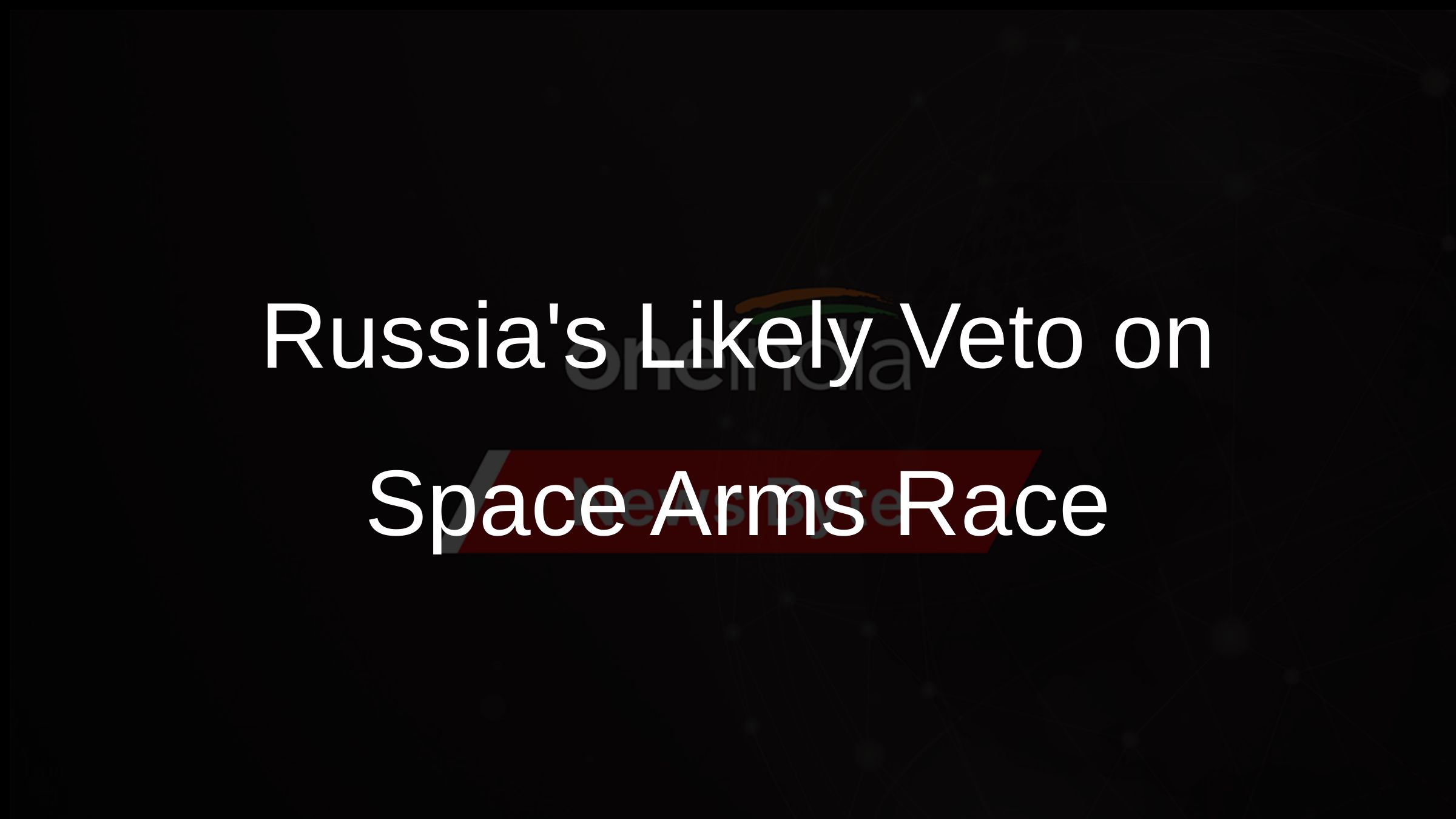
Airlift: Should stardom prevail at foreign policy’s expense?
Airlift, the latest Bollywood release of Akshay Kumar, has left the audience filled with a high level of admiration and pride but in the diplomatic circles, one can see a sense of disappointment prevailing.
While a section of officials posted at the embassies in Kuwait City and Baghdad felt they were not rightly portrayed in the film, Ministry of External Affairs (MEA) spokesperson Vikas Swarup said the film was a great entertainment but fell short of facts. He was busy clearing the air and assert that the MEA is committed to protecting Indian citizens abroad the most.
[Why Sachin Tendulkar might feel upset after watching Airlift]

He also cited the more recent evacuations in Iraq, Yemen, Libya and Ukraine to consolidate his point before those who might not remember what had happened in Kuwait in 1990 after late Iraqi dictator Saddam Hussain invaded it.
Mass entertainment vs diplomatic gravity
This uneasiness of two conflicting viewpoints, of the easy-going and free-to-pass-a-judgment masses and officials who hold positions of responsibility in the government is perhaps an inevitable consequence of our way of perceiving and understanding things. We always like to touch upon the surface of the subject for consuming it before setting off to a fresh venture.
But this generally accepted model when it comes to consuming Bollywood products is unlikely to succeed in the case of a film like Airlift for it is not a fiction and has a fair amount of seriousness attached to it.
The plot is sensitive, even after 26 years since its occurrence because it deals with the country's foreign policy, which has a significant characteristic called ‘continuity'.
Factors like an actor's stardom or the universal cynicism about a government's expected apathy towards its people cannot be freely cashed on to make such films sensitive, besides commercially successful.
India was in an unstable phase then
When the Kuwait crisis took place, India herself was in a phase of instability. The era of the Congress's dominance had just got over and the vulnerable coalition of VP Singh was in power. In fact, Singh's short tenure also met its end and was succeeded by Chandra Sekhar, who did not last beyond seven months as the PM.
The economic health, too, was not good as India did not have much foreign reserves left at that time.
Judging that frustrating final leg of the country's pre-liberalised life from the material and mental comforts of today is not easy.
The external affairs were equally challenging for India
The external affairs were equally challenging for India when the Kuwait crisis unfolded. India traditionally had good relations with both Iraq and Kuwait but was unsure about the new equations in the emerging global order then.
The Berlin Wall had fallen and the erstwhile Soviet Union was also witnessing its final days of survival.
It was a tough choice for India at the fag end of the Cold War era
For India, it was a hard time to face the critical situation where the West led by the US, with which the former had a considerable politico-ideological distance, looked certain to defeat Iraq.
Things looked more difficult for the Chandra Sekhar government after the US refuelled its military aircraft at facilities in India. There was a strong disapproval of this by the Opposition Congress, which had accused the government of deviating from the known path of non-alignment. It was also said that India had passed on the western forces some military intelligence on the Iraqi air force.
The final analysis said New Delhi had played a little constructive role during that time as it struggled to find a balance in the emerging unipolar world led by a country with which it did not share a smooth relation till then.
India stopped short of condemning the Iraqi aggression against Kuwait and also allowed the US to refuel its military planes---an ambiguity which had hit its image in the international community.
If political leadership is confused, the action will show
If the political leadership of the country is in a state of confusion, then it is not surprising that the bureaucrats of foreign policy will also be puzzled. But the confusion at the political level can't be mistaken as the government's apathy towards its own people.
The government is a continuous identity which has its minimum responsibility cut out at every given situation. Whether the parties leading that government of the day erred in taking sound decisions, is for the viewers' maturity to judge.
But a single lapse while researching for such films can leave a serious impact on the country's foreign policy priorities even after a gap.
Risky for popular media to make films on foreign relations apart from Pakistan-bashing
None of the former prime ministers, VP Singh, Chandra Sekhar or IK Gujral (who was the foreign minister during the crisis) are alive today to give their own opinions on what had happened that day and that has left the foreign bureaucrats to defend themselves.
But for the popular media, these minute but significant details matter a little which leaves a lot of scope to educate the audience seeking pure entertainment (except the easy-to-be-made films on India-Pakistan relations where things can be shown in one colour and pattern till the time a Yash Chopra conceptualises a fresh plot like Veer-Zara).
Has Airlift left PM Modi anxious?
An Airlift 2 in the future may bring the focus back on the rescue operations in West Asia under the Narendra Modi government. Are the political leaders and foreign bureaucrats already apprehensive?


 Click it and Unblock the Notifications
Click it and Unblock the Notifications

































